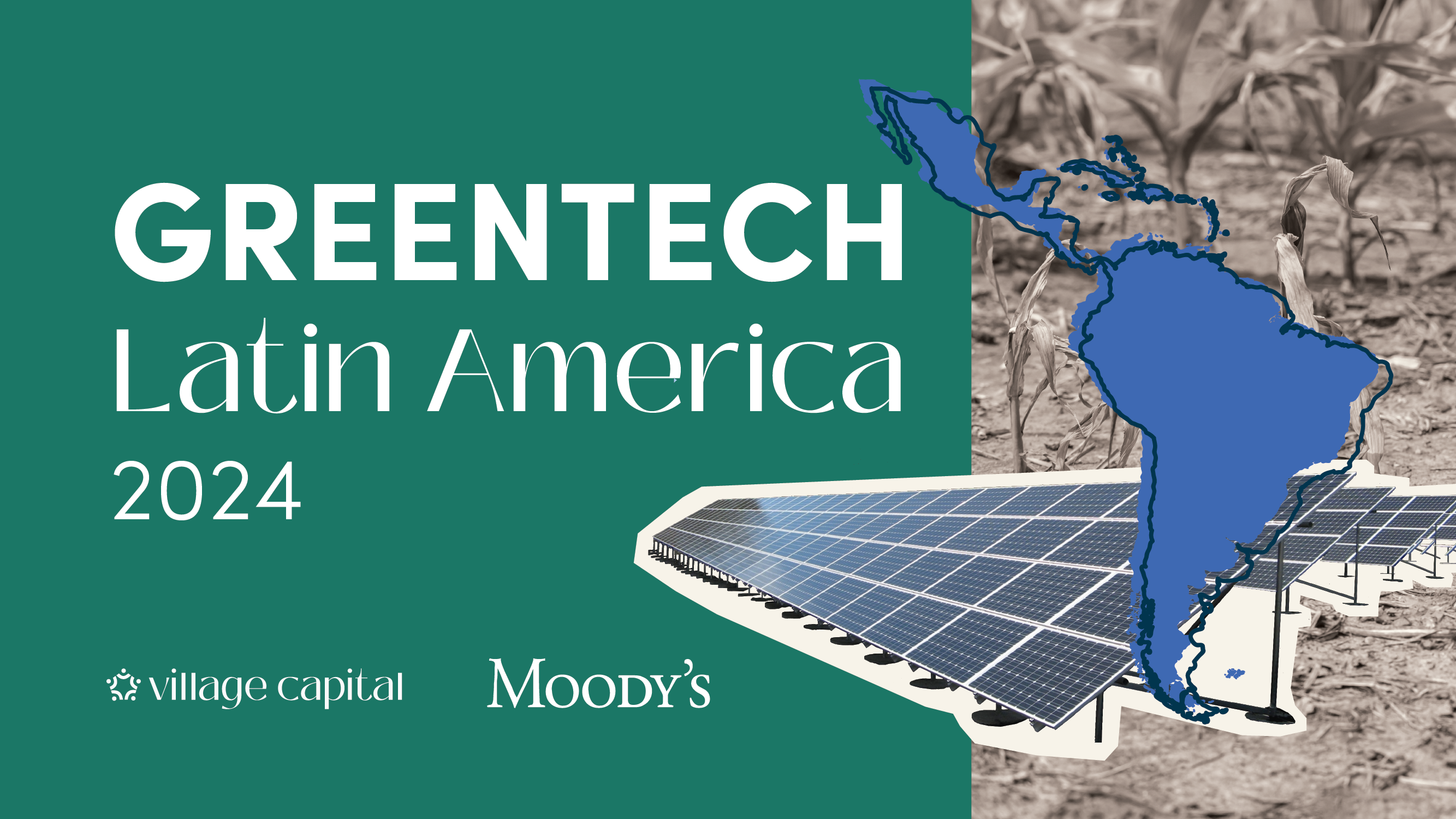Village Capital and Moody’s Foundation have unveiled an accelerator for investment readiness, Greentech 2024: The Future of Sustainability.
Since 2012, Village Capital has operated in Africa through 14 accelerator programs, enabling early-stage companies to access social and financial capital that is crucial for maximising business and impact growth.
Greentech 2024, an initiative by Village Capital and Moodys, a worldwide risk assessment firm that helps organisations make better decisions, aims to promote sustainable and innovative solutions that will help Africa adapt to climate change and lessen its impact.
This program is part of a larger international initiative that is also taking place in Asia and Latin America. The goal of the initiative is to help startups grow and tackle climate change in ways that are better for the environment, better for agriculture and nutrition, less polluting, more sustainable, and more accessible to water, sanitation, and healthcare for everyone.
Read also: UNICEF StartUp Lab is Empowering Ghanaian Entrepreneurs
African Startups are Expected to Apply
Startups in the region working on solutions to speed up the transition to sustainable development are welcome to apply. Their work can focus on areas like water, sanitation, and health; the circular and regenerative economy; cleantech and climate tech; agri-tech and food security; or natural resource management.
Cleantech and Climate Tech: In order to combat climate change, lessen environmental damage, or restore the quality of polluted natural resources, these solutions employ technology. Some examples are bio-based plastics, alternative fuels, carbon capture, renewable energy, and alternative modes of transportation.
Agtech and Food Security: Businesses in this sector are utilizing technology to promote sustainable agriculture, healthier diets, higher yields, lower costs, and more efficiency. Vertical farming, biotechnology, smart greenhouses, automated machinery, livestock management, and precision agriculture are just a few examples.
Circular and Regenerative Economy: Businesses that are at the forefront of technological innovation can help reduce pollution, waste, and greenhouse gas emissions by making more responsible use of our resources. Some examples include biodegradable packaging, sustainable fashion, circular solutions in construction, bioenergy from animal waste, and waste management.
Read also: NITDA-Founder Institute Startup Accelerator Programme ends
Natural Resource Management: Recognized leaders in natural resource management that use technology to protect ecosystems and those living in them. Our creative solutions will also focus on problems with degraded land, deforestation, habitat loss, biodiversity loss, displacement, and endangered species. Some examples are reforestation, agroforestry, wildlife conservation, and threat identification and monitoring using drones, AI, and remote sensing.
Water, Sanitation, and Health: These tech-based businesses are developing ways to increase people’s access to safe drinking water, toilets, hygiene products, and general health and happiness. Examples include water that is fit for human consumption, effluent treatment, better sanitation, and healthcare.
Before May 10th, you can submit your application here: https://vilcap.com/programs/greentech-africa-2024
